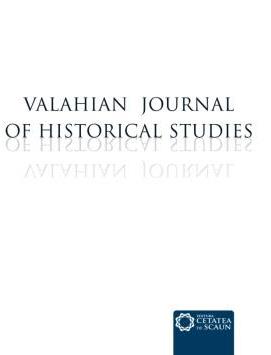Why did the American Revolution not spread to Ireland?
Why did the American Revolution not spread to Ireland?
Author(s): Harry T. DickinsonSubject(s): History
Published by: Editura Cetatea de Scaun
Keywords: American Revolution; Irish patriots; Irish Volunteers; Roman Catholics; legislative independence; Westminster parliament; Dublin parliament; parliamentary reform; religious toleration; Henry Grattan
Summary/Abstract: In the later eighteenth century the Anglo-Irish settlers in Ireland, a small minority of the population, dominated all aspects of the country’s economy, the established church, he legal system, local government and most of the seats in both houses of the Irish parliament in Dublin. They did not, however, have full control over the government of the country. The British government treated Ireland like a colony. It controlled the Irish executive, could reject legislation approved by the Irish parliament, and accepted that the British parliament could pass laws for Ireland. This colonial subordination was resented by the Irish patriots, but they lacked the power to force the British government and parliament to make political, economic and constitutional concessions. When the American colonists, who had similar grievances, began a successful rebellion against British imperial control, the Irish patriots sympathised with the American cause and exploited Britain’s military difficulties to wring concessions out of the British government and parliament. This article explores how the Irish patriots used Britain’s difficulties to secure a range of concessions that gave the Irish parliament much greater control over internal Irish affairs. It also seeks to explain why the Irish patriots stopped short of seeking complete independence from Britain. It maintains that they were afraid to share power with the Gaelic and Roman Catholic majority population in Ireland because such concessions would lead to the destruction of their own political, religious and economic privileges. They could not resist the demands of the oppressed Gaelic and Roman Catholic majority if they lost the military support of Britain. Ultimately, their struggle was to secure their political rights, not the rights of all the Irish people.
Journal: Valahian Journal of Historical Studies
- Issue Year: 2012
- Issue No: 18-19
- Page Range: 155-180
- Page Count: 26
- Language: English
- Content File-PDF

